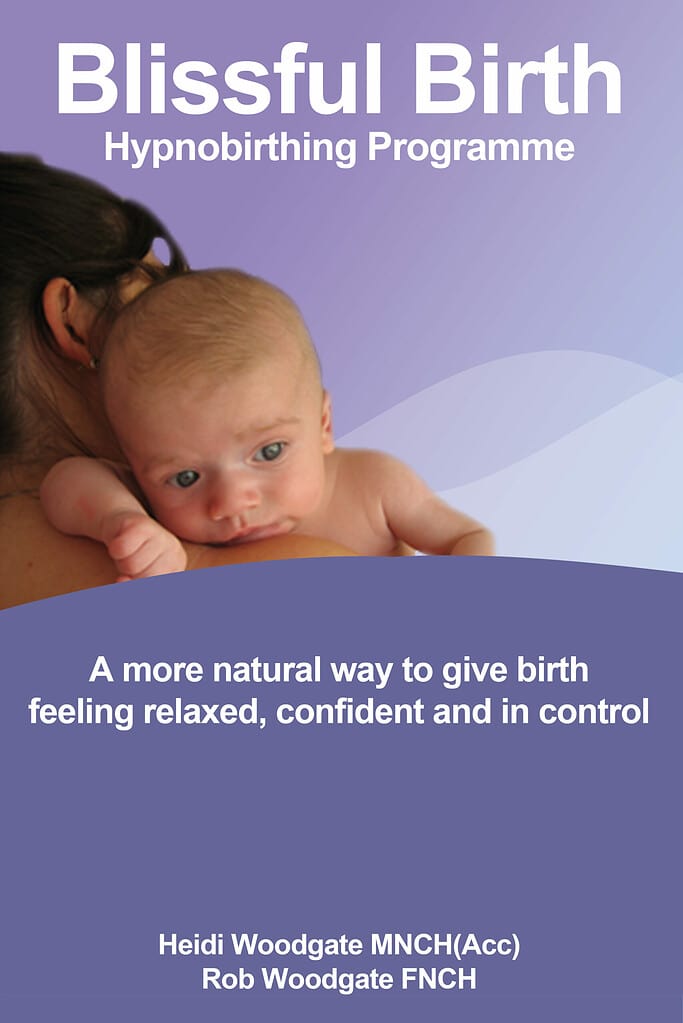Heartburn and upset stomach can be common side-effects of pregnancy, so many expectant mothers want to know, can you take Pepto while pregnant?

Pepto-Bismol, known for its relief of upset stomachs and diarrhea, contains an active ingredient called bismuth subsalicylate, which raises questions about its safety during pregnancy.
In this article, we’ll delve into the research surrounding Pepto-Bismol’s use during pregnancy, discuss potential risks, and explore safe alternatives.
We’ll also touch on its implications for breastfeeding mothers.
As we navigate this topic, remember that every pregnancy is unique, and what works for one person may not work for another. Always consult with a healthcare professional before taking any medication during pregnancy or breastfeeding.
Table of Contents [show]
Understanding Pepto-Bismol
What is Pepto-Bismol?
Pepto-Bismol is an over-the-counter medication commonly used to alleviate symptoms of an upset stomach, heartburn, and diarrhea. It’s a compound known as bismuth subsalicylate, which has several effects.
It acts as an anti-inflammatory, reducing inflammation of the stomach lining, which can help to relieve an upset stomach. It also slows the movement of the stomach, which can help reduce cramping and discomfort associated with diarrhea.
Additionally, it reduces acid in a person’s stomach and coats the throat, which can help relieve mild heartburn.
Active Ingredient in Pepto-Bismol
The active ingredient in Pepto-Bismol is bismuth subsalicylate. This compound has several effects on the body, including reducing inflammation in the stomach lining, slowing the movement of the stomach to alleviate diarrhea, and reducing stomach acid to help with heartburn.
Pepto-Bismol and Pregnancy
Concerns and Risks
There are potential concerns and risks associated with taking Pepto-Bismol during pregnancy. The medication contains salicylate, which may increase the risk of bleeding.
For this reason, many doctors restrict the use of Pepto-Bismol during the third trimester to reduce any bleeding risks during delivery. Also, birth abnormalities that impact a developing baby’s heart are known to be the result of salicylates.
While these complications have not been reported with Pepto-Bismol, they have been seen with aspirin and similar drugs. Birth abnormalities from salicylates are more common when people take them for a long time, or when they take more than the recommended amount.
Research Findings
Research has not confirmed that Pepto-Bismol is safe to use during pregnancy. There is little evidence that Pepto-Bismol causes harmful side effects during pregnancy, though there is also little research to say that it is safe either.
The main concern around taking any medication during pregnancy is the absence of research on safety. This shortcoming is because it is not ethical to perform drug tests on women who are pregnant due to the possible risks to the woman and baby.
Alternatives to Pepto-Bismol In Pregnancy
Safe Medications
While Pepto-Bismol is not recommended during pregnancy, there are other medications that are considered safe for treating the same symptoms. For instance, anti-diarrhea medications containing Loperamide, such as Imodium and Maalox Anti-Diarrheal, are generally considered safe.
The most recommended antidiarrheal for pregnant women is a kaolin-and-pectin-type medication like Kaopectate. However, it’s always best to consult with a healthcare provider before taking any medication during pregnancy.
Lifestyle Changes
There are also lifestyle changes that can help manage the symptoms that Pepto-Bismol is commonly used to treat. Staying hydrated is crucial, especially when dealing with diarrhea. Consuming probiotic foods and following the B.R.A.T. diet (bananas, rice, applesauce, and toast) can help settle the stomach and prevent dehydration.
Eating small, frequent meals and snacks can also help manage symptoms.
Pepto-Bismol and Breastfeeding
Concerns and Risks
While it isn’t clinically known if Pepto-Bismol passes into breast milk, it is known that other types of salicylates do and may have harmful effects on a breastfeeding child. Therefore, caution is advised when considering the use of Pepto-Bismol while breastfeeding.
Recommendations
For breastfeeding mothers, it’s recommended to use alternatives to Pepto-Bismol. For a sour stomach or heartburn, Tums and Rolaids, which contain the ingredients calcium carbonate or magnesium hydroxide, are considered safe.
However, as always, it’s best to consult with a healthcare provider before taking any medication while breastfeeding.
Conclusion
In conclusion, while Pepto-Bismol is a common over-the-counter medication used to alleviate symptoms of an upset stomach, heartburn, and diarrhea, its safety during pregnancy and breastfeeding is a topic of concern.
The active ingredient, bismuth subsalicylate, poses potential risks, and the lack of definitive research on its safety during pregnancy and breastfeeding calls for caution. There are safer alternatives available, both in terms of medications and lifestyle changes, to manage these symptoms during pregnancy.
For breastfeeding mothers, alternatives like Tums and Rolaids are recommended. However, every pregnancy and breastfeeding journey is unique, and what works for one person may not work for another.
Therefore, it’s crucial to consult with a healthcare professional before taking any medication during these sensitive periods. Remember, your health and your baby’s health are of utmost importance.
References
- Pepto-Bismol: Uses, Side Effects & Warnings – Drugs.com
- Bismuth subsalicylate – Wikipedia
- Is it safe to take Pepto-Bismol during pregnancy? – Medical News Today
- Safe Medications During Pregnancy – American Pregnancy Association
- How to Deal With Diarrhea During Pregnancy – Verywell Family
- Breastfeeding and Over-the-Counter Drugs – NCBI
- Safe Medications to Take While Breastfeeding – KellyMom




